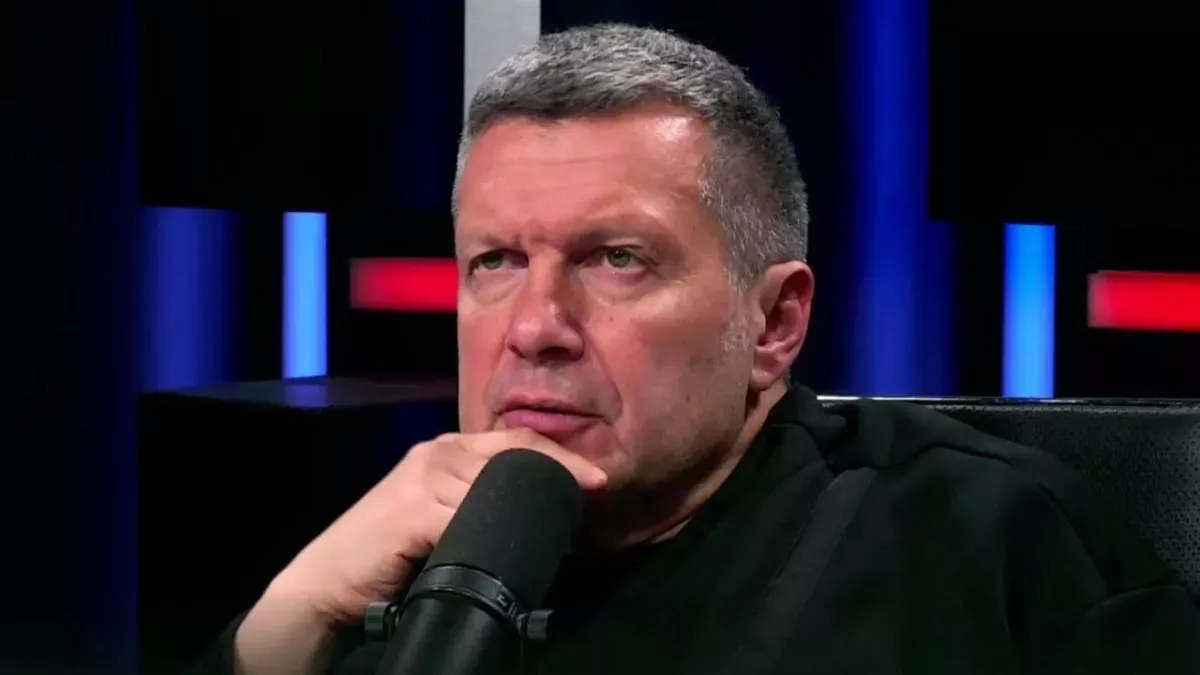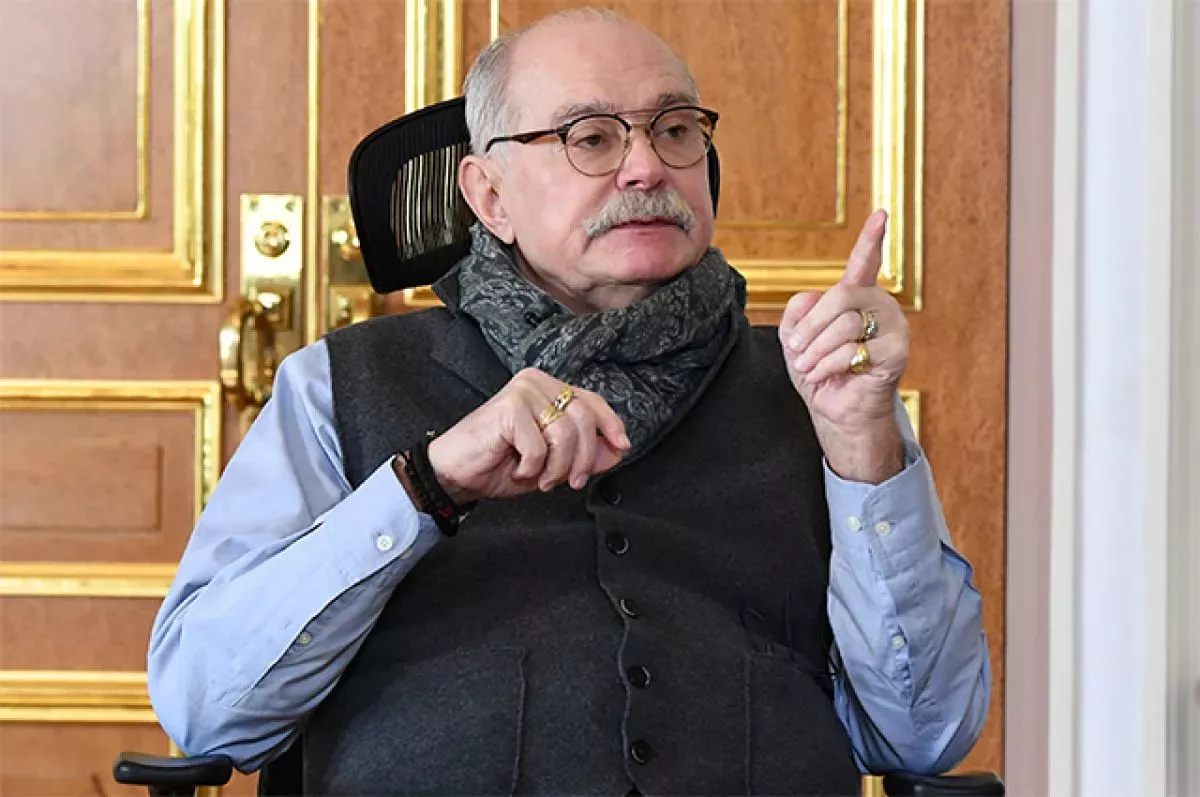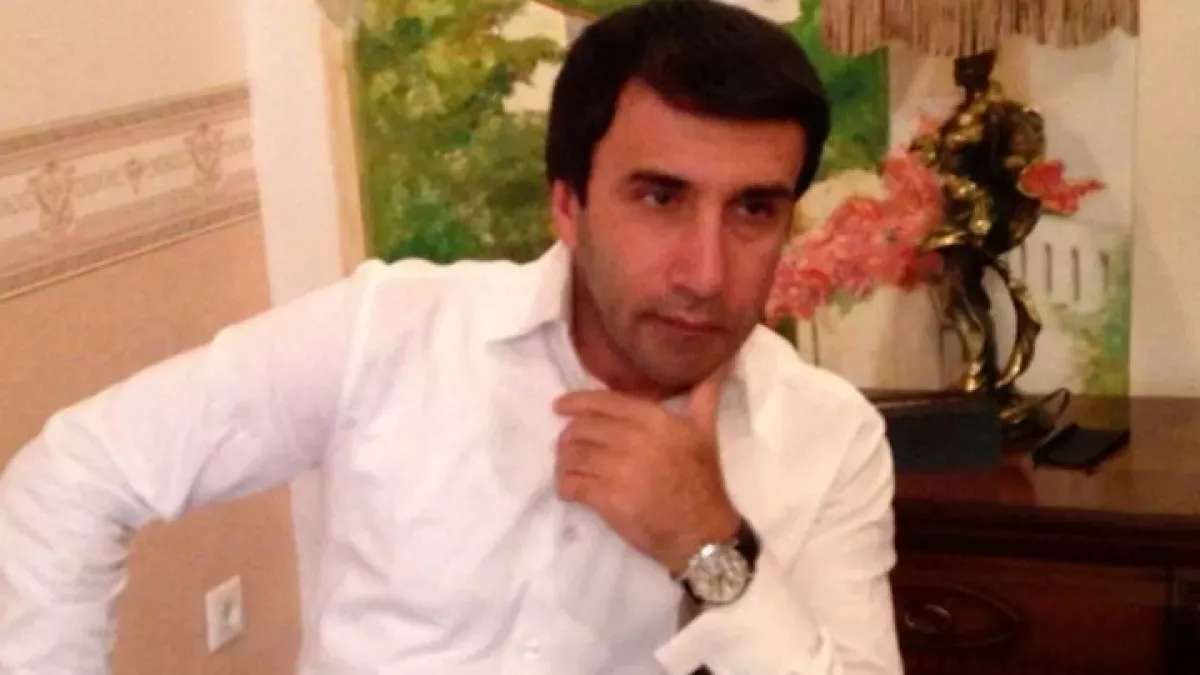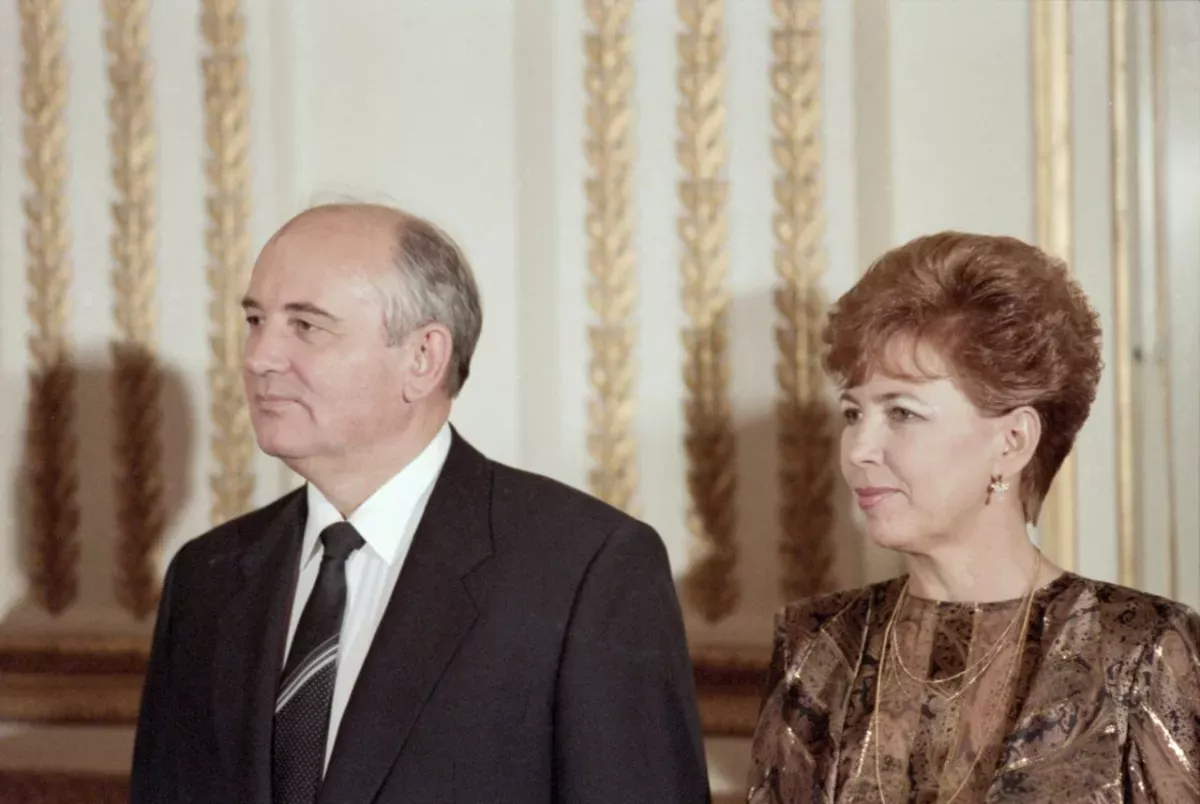Azerbaijanophobia in Russia: From verbal assaults to targeting the diaspora Old strategies, new executors
Nothing changes. Or rather, the scenery may be adjusted, but the essence remains the same. You may ask, what are we talking about? The same thing as always — Russia’s policy toward sovereign, independent states. The Kremlin simply does not want to acknowledge the genuine independence of the post-Soviet countries. From this stems Moscow’s constant attempts to meddle in their internal affairs, particularly those of Azerbaijan.
We have already written about the recent venomous tirade against Azerbaijan delivered by the notorious Solovyov. Yet again, he has tried to step into the same river where Russian political commentators have waded many times before — attempting to drive wedges into the interethnic and interreligious harmony within Azerbaijan.

Recently, Solovyov suddenly raised the issue of the so-called “situation of the Lezgins” in Azerbaijan, going so far as to cast doubt on the territorial integrity of our country — and, in passing, even threatening a so-called “special military operation” in Azerbaijan.
One cannot help but recall 1997, when Russia’s "Nezavisimaya Gazeta" published an article by Konstantin Zatulin — a man notorious for his hostility toward everything Azerbaijani — co-authored with Andranik Migranyan. In it, they openly advocated maintaining “the military superiority of the Armenian army over the Azerbaijani,” encouraging the “unification of the divided Lezgin people” (which, they argued, would immediately create “a new situation in northern Azerbaijan”), and promoting the idea of a so-called “Talysh autonomy.” The implementation of these points, the article stated, would push Azerbaijan toward “federalisation,” and all these “factors combined should be directed at creating a situation in which the risk of investment in oil extraction and transportation would become unbearably high.” The article still hangs on Zatulin’s website, zatulin.ru — which speaks volumes in itself.
Consequently, Solovyov was simply given instructions to once again step on the very same rake that Russia has repeatedly stumbled over.
This fact clearly demonstrates that, in the ideological anti-Azerbaijani tilt of Russian policy, nothing changes — except the players carrying it out.

Now Nikita Mikhalkov has also appeared, this time alongside "Komsomolskaya Pravda".
But what is the real objective? To drive out all representatives of the Azerbaijani people from Russia while seizing their substantial businesses? Perhaps that is part of the puzzle. Yet, would such a move make Russia any happier? Would it win international recognition? These are rhetorical questions.
A more pressing issue is why anti-Azerbaijani, anti-Turkic, and anti-Islamic sentiments have resurfaced on the Russian political stage. What is the actual goal? To support the Armenian lobby? Or to advance the interests of Russian nationalist circles that despise everything non-Russian and non-Slavic? And where is the guarantee that the next targets will not be the people of the North Caucasus, Tatarstan, Bashkortostan, or Yakutia — a list that could go on indefinitely?
What about the atmosphere surrounding these ideological attacks on Azerbaijanis living in Russia — an atmosphere that could, metaphorically, lead to a “night of book burnings” targeting authors representing the multiethnic, multi-religious Azerbaijani people?
Today, Russian libraries hold a wealth of Azerbaijani literature. What will become of textbooks and scholarly works authored by Azerbaijanis?
This is far from a trivial question. History offers a stark precedent: the book burnings in Nazi Germany, officially justified as a response to works “incompatible with National Socialist ideology.”
In 1933, the Press and Propaganda Department of the German Student Union, operating under Nazi oversight, organised a month-long campaign called the “Action Against the Un-German Spirit,” culminating in the public burning of books in 22 German cities.
But ideology aside, what about the concrete anti-Azerbaijani calls coming from certain Russian politicians, including some with an aggressive stance? It appears that specific circles within the Russian power establishment are deliberately trying to inject a military dimension into Russian–Azerbaijani relations — despite the existence of allied agreements between Baku and Moscow.
Moreover, the number of “hotheads” within Russia seems to be growing, and they have begun targeting members of the Azerbaijani diaspora across various regions of the country.
A telling example: a prominent entrepreneur, Arshad Khankishiev — head of the Chelyabinsk Regional Social-Legal Public Organization “Azerbaijan” and chairman of the Regional National-Cultural Autonomy of Azerbaijanis in Chelyabinsk (OO RNKA AZERCHEL) — was stripped of his Russian citizenship. The Telegram channel “Multinational” mockingly commented that by generating wealth through “importing rotten tomatoes,” Khankishiev was spreading ethno-separatism and sympathizing with Navalny. As a result, the FSB annulled his passport, barred him from entering Russia, and the Chelyabinsk organization was dissolved by court — just as the RNKA AZERCHEL had been before.
The parallel with 1937 is striking, when individuals were arrested and executed, often on fabricated charges, for alleged sympathies toward Trotsky (or Zinoviev, Kamenev, and others).

Another case involves Yusif Khalilov — a well-known businessman and leader of the local Azerbaijani diaspora. On July 1, 2025, his home was searched, and he was subsequently arrested. Authorities claim that Khalilov paid 330,000 rubles to a military commissar’s doctor (230,000 through an intermediary and 100,000 via a card transfer) to exempt his son from conscription. He faces 7 to 12 years in prison, followed by deportation. Khalilov denies the charges and has refused to testify.
Clearly, this indicates a directive from the authorities. The anti-Turkic pattern of these actions is also evident, as previous pressure targeted members of the Kyrgyz and Uzbek diasporas.
It bears repeating: this is the same recurring river of hostility. Russia’s reaction to the removal of a bust of the Armenian-origin artist Ivan Aivazovsky (Ovanes Aivazyan) in Khankendi — installed by Russian peacekeepers on Azerbaijani territory without permission from Baku — was yet another demonstration of disregard for the sovereignty of our country on the part of the Kremlin.

The Aivazovsky issue also evokes a historical memory — when Mikhail Gorbachev, then General Secretary of the Central Committee of the Communist Party of the Soviet Union, visited the United States, representatives of the Armenian diaspora at the Soviet embassy presented him with a painting by… Ivan Aivazovsky. Raisa Gorbacheva, Gorbachev’s wife accompanying him, famously remarked on the “Armenian-Soviet friendship,” a phrase that quickly went viral.
Today, however, the question is not about the particular sentiments of the Soviet (or Russian) political establishment toward this artist — it is that the “Aivazovsky theme” of the late 1980s strongly mirrors the policy path at the time, which sought to dismantle the USSR along national lines. Déjà vu?








